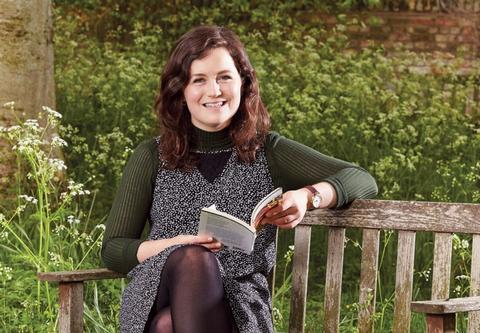Jake, Andra, Phoebe, Apurva & James – The Other Cambridge
Each summer for a number of years the College has been host to a few students from Harvard, who are taking the opportunity to spend several weeks working with academics in Cambridge, as part of the PRISE programme.

These are generally arranged by the students themselves and always seem to be beneficial to all the parties involved. In 2013 we decided to investigate whether it would be possible for us to send each year several undergraduates reading science subjects, to spend the summer in laboratories at Harvard.
We discovered that Harvard has a major programme called PRISE (the Harvard College Program for Research in Science and Engineering) operating each summer, which places around 200 Harvard science undergraduates in laboratories for a ten-week period, and five Emmanuel students joined the programme for the summer of 2014. Most of the funding came from our Herchel Smith fund with, generously, a contribution from Harvard. Readers can get a flavour of the variety of topics studied from the accompanying accounts from our participants.
I think everyone involved considered last year’s ‘experiment’ a success, so we are sending more students this year and hope this can continue for many more years to come. It is a way of introducing a few of our students to academic research in some of the world’s leading laboratories away from this Cambridge, and for scientists at that Cambridge to learn what our undergraduates have to offer.
Robert Henderson, Senior Tutor
Jake
I was at Massachusetts General Hospital, undertaking research on the sensitivity of leukaemia cell lines to different chemotherapy drugs. The programme was extremely useful as an introduction to laboratory methods and set me in good stead for my Part II project this year. It provided a great insight into the US healthcare system, and has made me keen to get involved in research as I move on to Cambridge’s Clinical School in September.
Andra
I spent last summer doing experimental physics research at Harvard. It was a very special experience, as it was the first time I had worked in a real research laboratory. The activities I took part in, both inside and outside the lab, allowed me to get a glimpse of what an academic career means and opened my eyes to new perspectives on what I wanted to do after graduation. It was an extraordinary and unforgettable experience, and I am grateful to both Emmanuel and Harvard for this opportunity.
Phoebe
My research focused on developing a new production method for graphene, often described as a ‘wonder material’ because of its extraordinary strength and ability to conduct electricity, giving it many possible applications in electronics and beyond. In addition to my lab work, the PRISE programme allowed me to explore Harvard and its surroundings, with trips to Rhode Island and many Boston sights. Living with the other PRISE Fellows and experiencing undergraduate life at Harvard was extremely rewarding.
Apurva
My research in the Harvard School of Engineering and Applied Sciences focused on applying a novel machine-learning technique to predict the development of autism in young children. In particular, we investigated how robust logics – an approach allowing us to combine patient data and an understanding of the relationships between diseases – might be used. I had a fantastic summer at Harvard with the other Fellows, and am very grateful to Professor Leslie Valiant (Principal Supervisor), Professor Finale Doshi-Velez and Professor Brendan Juba for having me, and for Emmanuel’s support and encouragement.
James
My time was spent programming a simulation to predict whether certain quantum mechanical effects would inhibit the experimental production of ultra-cold NaCs molecules. I investigated the effect of wave-packet hole-digging on transitions between energy levels on differently shaped potential surfaces. These molecules are of interest for the future of quantum computers and work is continuing. This was my first experience of scientific research outside undergraduate practical classes and one that I greatly enjoyed. I now aim to remain in academia and pursue a PhD.


